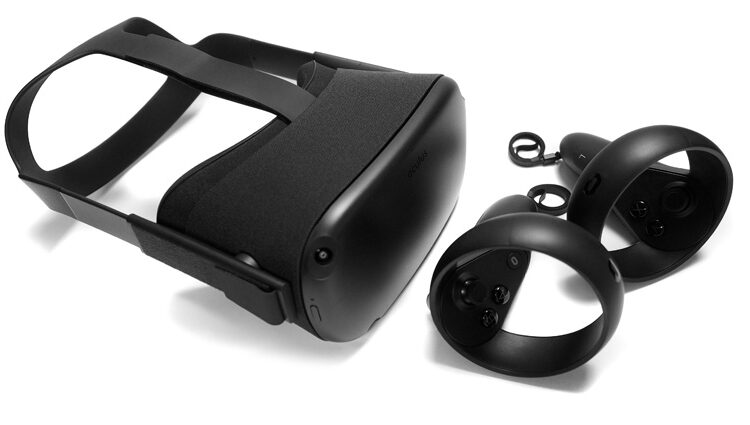In a recently released email, Meta officially announced its dropping support for its Quest 1 virtual reality (VR) headset on March 5, 2023.
The move lets Meta divert its focus towards the Meta Quest 2 and Pro variants.
In Monday’s official statement, Meta explained:
We [Meta] launched Quest 1 over four years ago and we are grateful to the Quest 1 community for pushing VR forward. As we look to the future, we remain committed to supporting the community of Quest 1 users and will continue to support the headset with a few changes:
Additionally, the move terminates Meta Quest 1 user access to Horizon, the Menlo Park-based firm’s Metaverse service. Meta no longer adds new features to its legacy device, and users cannot create parties.
The Menlo Park-based firm also added:
Quest 1 users who currently have access to Meta Horizon Home social features will lose access to these features on March 5, 2023. You won’t be able to invite others to your Home or visit someone else’s Home.
Meta will continue to support the Meta Quest 1 through critical bug fixes and security patches until 2024; moreover, users can still access their bought VR applications.
Time to Upgrade
If a Meta Quest fan has not upgraded to the sophomore or Pro device yet, the time is better than ever to involve oneself in Meta’s wishful VR revolution.
Meta announced its Pro variant late last year during the firm’s Connect 2022 online event. The model builds upon the VR functionalities of past Meta hardware by introducing mixed reality (MR) passthrough features.
The recent model can display high-quality graphics overlaid in a real-world environment via the Meta Quest Pro’s Presence Platform, its MR operating system. Moreover, the device allows users to seamlessly jump between MR and VR applications, experiences, and spaces.
Meta dropped the Pro device on store shelves in October 2022 for £1,499. The device has a Snapdragon XR2+ processor, pancake optics, hand/face/eye-tracking, stylus Quest Pro controllers, TruTouch haptics, 75 percent greater contrast than Quest 2, and a movement software development kit (SDK) to support full-motion avatars.
On the other hand, interested buyers can buy the older Meta Quest 2 model.
While older, the firm released the Meta Quest 2 in October 2020, the sophomore product is very popular, still topping Steam’s list of VR hardware.
While the Menlo Park-based firm increased the device’s price last year, the product remains an incredibly accessible route into mobile VR opportunities.
Both devices give their operators access to a range of immersive applications. Additioanlly, the VR/MR portfolio gives Quest owners access to the Horizon Metaverse platform for work, entertainment, and socialisation.
Meta recently doubled down on its Quest portfolio as a tool for work in a recent showcase event.
While the Pro device may be expensive for some firms to adopt at scale, the cheaper and incredibly reliable Meta Quest 2 device is a valuable avenue to access applications which facilitate high-quality remote training, collaboration, and communication procedures.

